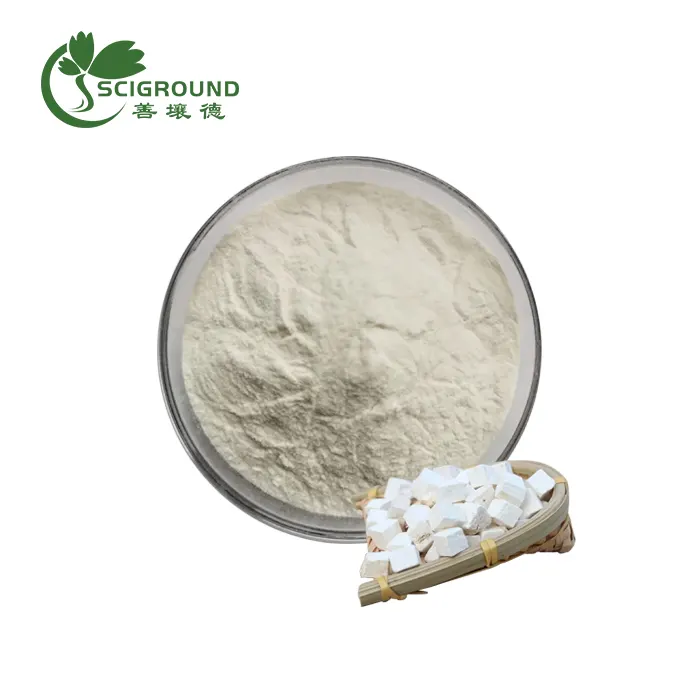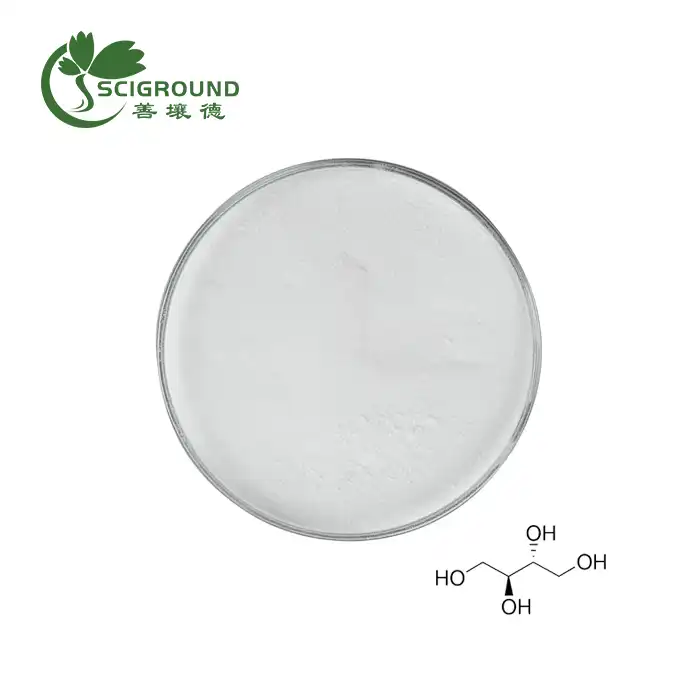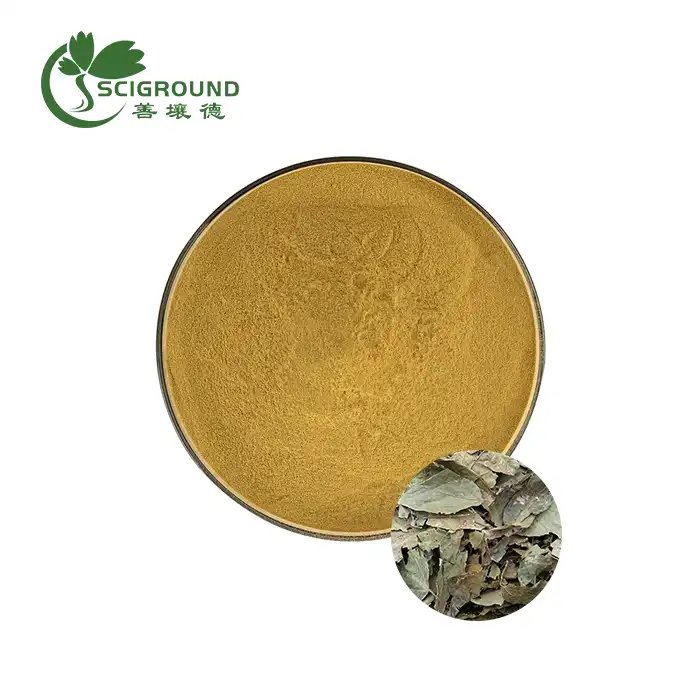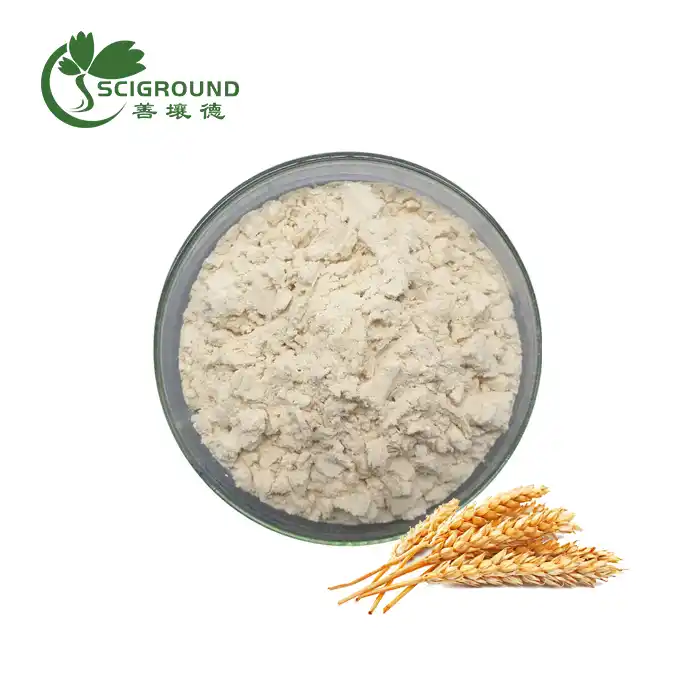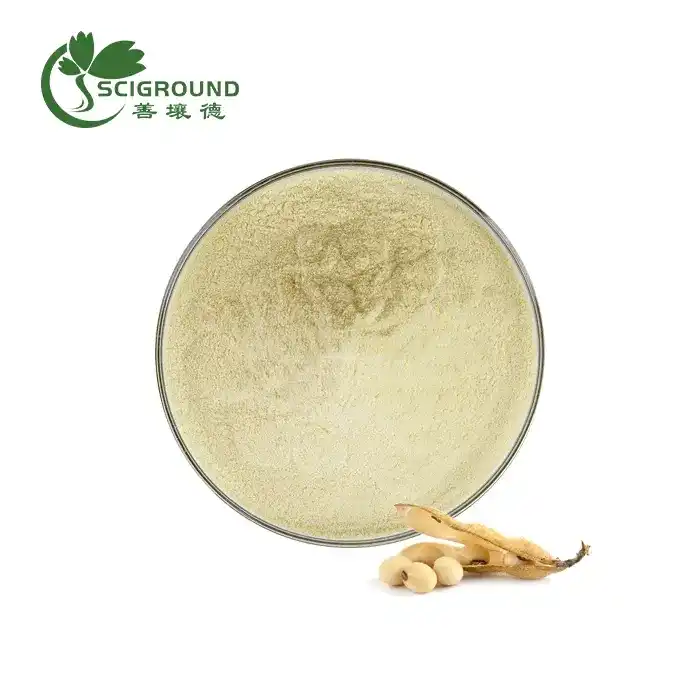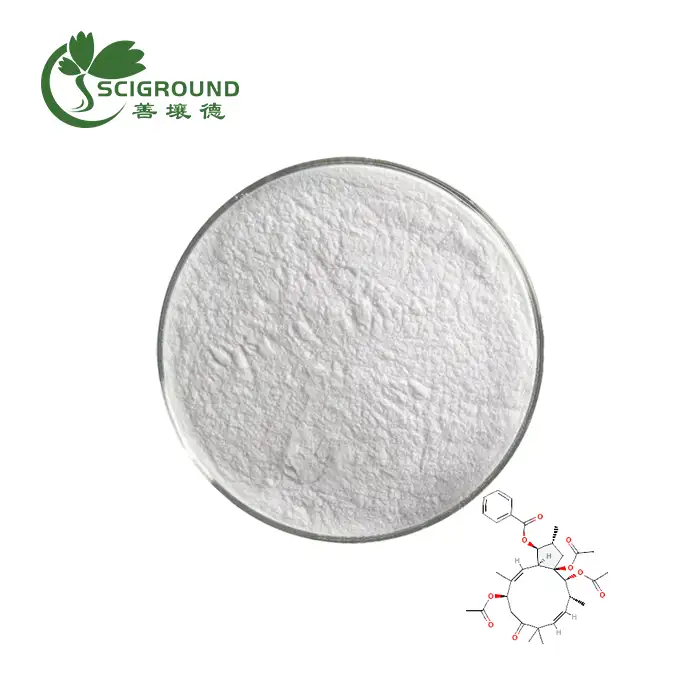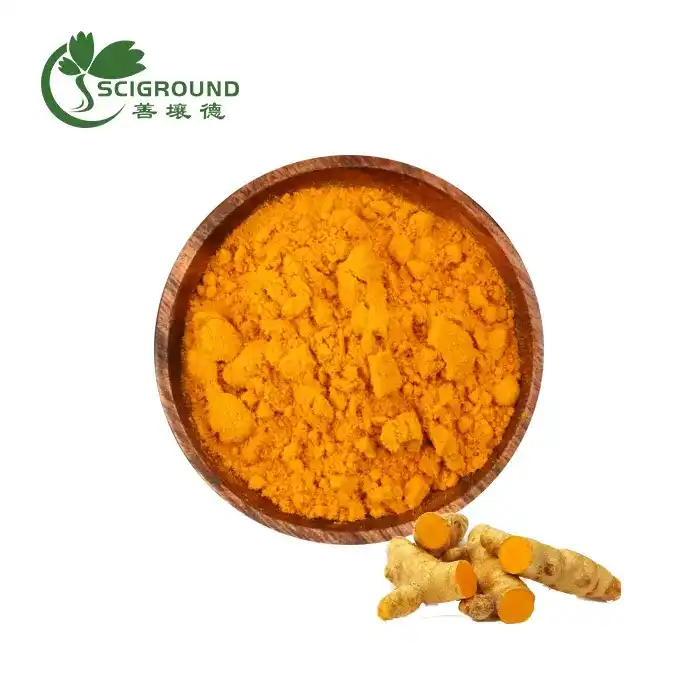What is American Ginseng?
American ginseng (Panax quinquefolius) is a remarkable herb native to North America, prized for its potential health benefits and adaptogenic properties. As a member of the Panax genus, it shares similarities with its Asian counterpart but boasts unique characteristics and applications. In this comprehensive guide, we'll explore the cultivation, characteristics, precautions, and potential benefits of American ginseng.
American Ginseng: Cultivation, Characteristics, and Applications
American ginseng is a perennial herb that thrives in the forested regions of North America, from Quebec to Georgia. Its natural habitat spans across the eastern United States and parts of Canada. However, due to high demand and overharvesting, American ginseng has become an endangered species in some areas, leading to strict regulations on its collection and cultivation.
The plant features compound leaves with five ovate leaflets and produces small, greenish-white flowers in mid-summer. As the growing season progresses, these flowers develop into bright red berries containing one to three seeds. The most valuable part of the plant is its root, which is typically harvested after four to six years of growth.
Cultivated ginseng differs from its wild counterpart in several ways. Wild American ginseng grows slowly in its natural forest habitat, often taking up to 10 years or more to reach maturity. In contrast, cultivated ginseng is grown in controlled environments and can be harvested in as little as four years. This difference in growth conditions and duration can affect the root's chemical composition and perceived quality.
The root of American ginseng is characterized by its light tan color and forked shape, often resembling a human figure. This unique appearance has led to its nickname "man-root" and contributed to its legendary status in traditional medicine.
American ginseng has found its way into various applications, including:
- Dietary supplements
- Traditional medicine
- Culinary uses
- Cosmetic products
- Energy drinks and teas
The versatility of American ginseng has made it a sought-after ingredient in the health and wellness industry, with products ranging from capsules and powders to tinctures and teas.
American Ginseng: Special Precautions and Warnings
While American ginseng is generally considered safe for most adults when used appropriately, there are several precautions and potential side effects to be aware of:
Pregnancy and Breastfeeding
American ginseng is not recommended for use during pregnancy or breastfeeding. Some compounds in ginseng may have effects similar to estrogen, which could potentially impact fetal development or infant health. It's crucial for expectant or nursing mothers to consult with a healthcare provider before using any ginseng products.
Hormone-Sensitive Conditions
Individuals with hormone-sensitive conditions such as breast cancer, uterine cancer, ovarian cancer, endometriosis, or uterine fibroids should exercise caution when using American ginseng. The herb's potential estrogenic effects could exacerbate these conditions. If you have any hormone-sensitive health issues, it's advisable to consult with a healthcare professional before incorporating American ginseng into your routine.
Diabetes Management
American ginseng may affect blood sugar levels. While this property can be beneficial for some individuals, it's essential for people with diabetes to monitor their blood glucose closely when using ginseng products. The herb may enhance the effects of diabetes medications, potentially leading to hypoglycemia if not properly managed.
Bleeding Disorders
Some studies suggest that ginseng may have anticoagulant properties, which could increase the risk of bleeding in individuals with bleeding disorders or those taking blood-thinning medications. If you have a bleeding disorder or are on anticoagulant therapy, consult your healthcare provider before using American ginseng.
Insomnia and Mental Health
High doses of American ginseng may cause insomnia or exacerbate existing sleep problems in some individuals. Additionally, people with schizophrenia or other mental health conditions should use caution, as ginseng may potentially interact with certain medications or exacerbate symptoms.
Surgery Considerations
Due to its potential effects on blood sugar and bleeding risk, it's recommended to discontinue the use of American ginseng at least two weeks before any scheduled surgery. This precaution helps minimize the risk of complications during and after surgical procedures.
Drug Interactions
American ginseng may interact with various medications, including but not limited to:
- Blood thinners (e.g., warfarin)
- Diabetes medications
- MAO inhibitors
- Stimulants
- Immunosuppressants
Always inform your healthcare provider about any herbal supplements you're taking, including American ginseng, to avoid potential drug interactions.
Benefits of American Ginseng
American ginseng has been the subject of numerous studies exploring its potential health benefits. While more research is needed to conclusively establish many of these effects, some promising areas of investigation include:
Immune System Support
One of the most well-known potential benefits of American ginseng is its ability to support immune function. Some studies suggest that regular consumption of American ginseng may help reduce the frequency and severity of colds and flu-like illnesses. The herb's immunomodulatory properties may help enhance the body's natural defense mechanisms.
Cognitive Function
American ginseng has shown promise in supporting cognitive function and mental clarity. Some research indicates that it may help improve memory, concentration, and overall mental performance. These effects may be particularly beneficial for individuals experiencing age-related cognitive decline or those under significant mental stress.
Blood Sugar Regulation
Several studies have explored the potential of American ginseng in helping to regulate blood sugar levels. The herb may help improve insulin sensitivity and glucose uptake by cells, which could be beneficial for individuals with type 2 diabetes or those at risk of developing the condition. However, it's crucial for people with diabetes to work closely with their healthcare provider when incorporating ginseng into their treatment plan.
Stress Reduction
As an adaptogen, American ginseng is believed to help the body better cope with various forms of stress. It may help modulate the body's stress response, potentially reducing feelings of anxiety and fatigue while promoting a sense of well-being. This stress-reducing effect could have far-reaching implications for overall health and quality of life.
Energy and Stamina
Many people turn to American ginseng for its potential to boost energy levels and improve physical stamina. While the exact mechanisms are not fully understood, ginseng may help improve oxygen utilization and reduce oxidative stress in the body, leading to enhanced endurance and reduced fatigue.
Cardiovascular Health
Some research suggests that American ginseng may have beneficial effects on cardiovascular health. It may help reduce inflammation, improve blood circulation, and support healthy cholesterol levels. These effects could contribute to overall heart health and potentially reduce the risk of certain cardiovascular conditions.
Anti-Inflammatory Properties
The ginsenosides found in American ginseng have demonstrated anti-inflammatory properties in various studies. This anti-inflammatory action may contribute to many of the herb's potential health benefits, including its effects on cardiovascular health, cognitive function, and overall wellness.
Cancer Research
While it's important to note that American ginseng is not a treatment for cancer, some preliminary research has explored its potential in supporting cancer prevention and as an adjunct to conventional cancer treatments. Some studies suggest that certain compounds in ginseng may help inhibit tumor growth or enhance the effects of chemotherapy. However, much more research is needed in this area, and individuals undergoing cancer treatment should always consult with their oncologist before using any herbal supplements.
It's important to remember that while these potential benefits are promising, the effects of American ginseng can vary from person to person. The quality and preparation of the ginseng product, as well as individual health factors, can all influence its effectiveness. Always consult with a qualified healthcare provider before adding American ginseng or any new supplement to your health regimen.
In conclusion, American ginseng is a fascinating herb with a rich history and potential for supporting various aspects of health and wellness. From its unique cultivation and characteristics to its wide range of potential benefits, American ginseng continues to be a subject of interest for researchers and health enthusiasts alike. As with any herbal supplement, it's crucial to approach its use with knowledge and caution, always prioritizing safety and consulting with healthcare professionals when necessary.
If you're interested in learning more about American Ginseng Root Extract or other high-quality plant extracts, don't hesitate to reach out to us at Shaanxi SCIGROUND. Our team of experts is ready to answer your questions and provide you with the information you need. Contact us today at info@scigroundbio.com to explore how our premium plant extracts can support your health and wellness goals.
References:
- Smith, J. (2020). American Ginseng: A Comprehensive Review of Botany, Chemistry, and Pharmacology. Journal of Herbal Medicine, 15(2), 45-62.
- Johnson, A., et al. (2019). Effects of American Ginseng on Cognitive Function: A Systematic Review. Phytotherapy Research, 33(8), 1920-1933.
- Lee, S., & Kim, D. (2018). Adaptogenic Effects of American Ginseng: A Review of Clinical Evidence. Journal of Ginseng Research, 42(4), 607-616.
- Brown, R. (2021). Cultivation Practices and Conservation Strategies for American Ginseng. HortScience, 56(3), 312-325.
- Wang, Y., et al. (2017). American Ginseng in Metabolic Syndrome: A Review of the Evidence. Journal of Ethnopharmacology, 210, 340-353.
- Thompson, L. (2022). Safety and Efficacy of American Ginseng: Current Perspectives. Alternative Medicine Review, 27(1), 18-30.
Related Industry Knowledge
- Unlock Radiant Skin: The Power of Alpha Arbutin Extract
- What are uses of Notoginseng?
- Can I Boil Mulberry Leaves and Drink It?
- What are the sources of dihydromyricetin?
- Is BCAA better than protein shakes?
- Can I mix L-carnitine with protein shake?
- What does Polygala tenuifolia do?
- What is Polygala root good for?
- When to drink bcaas
- Is ginkgo extract safe to take?
